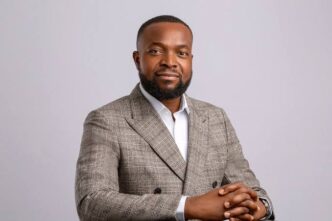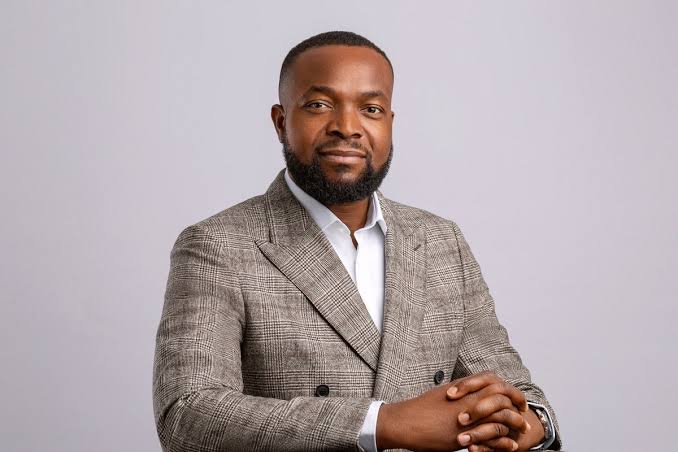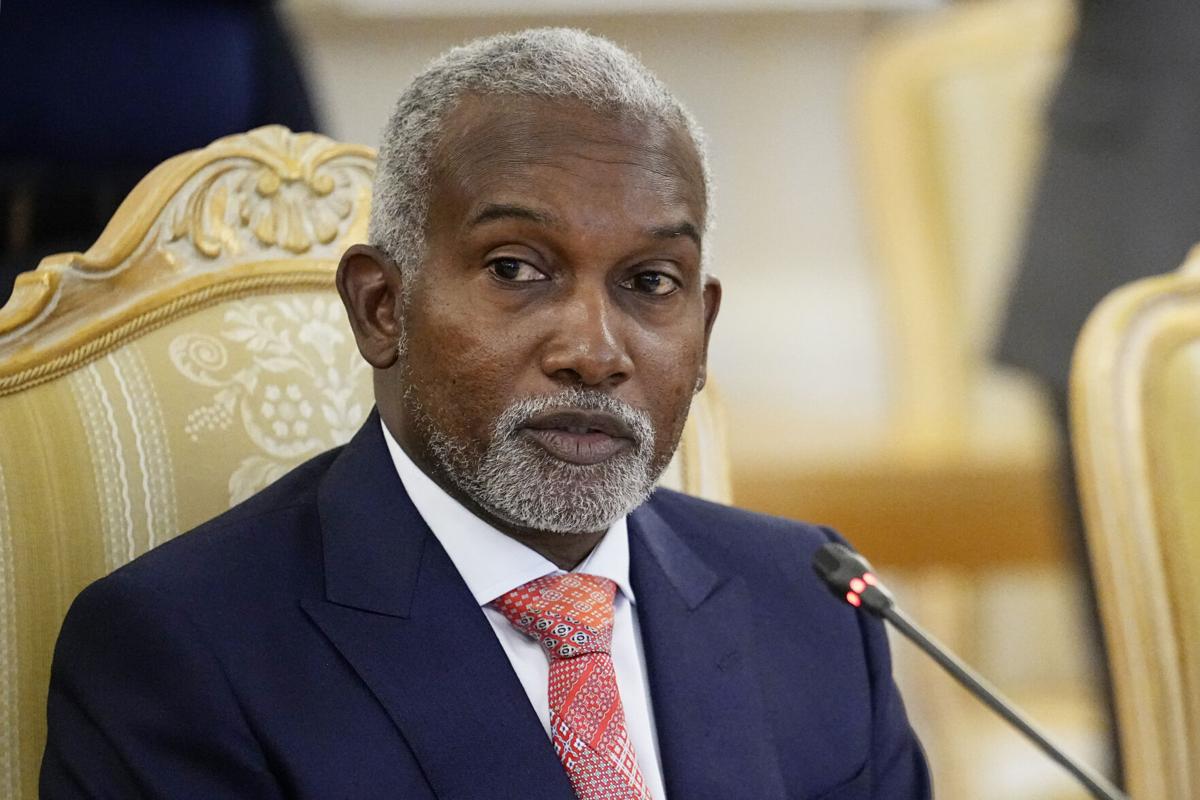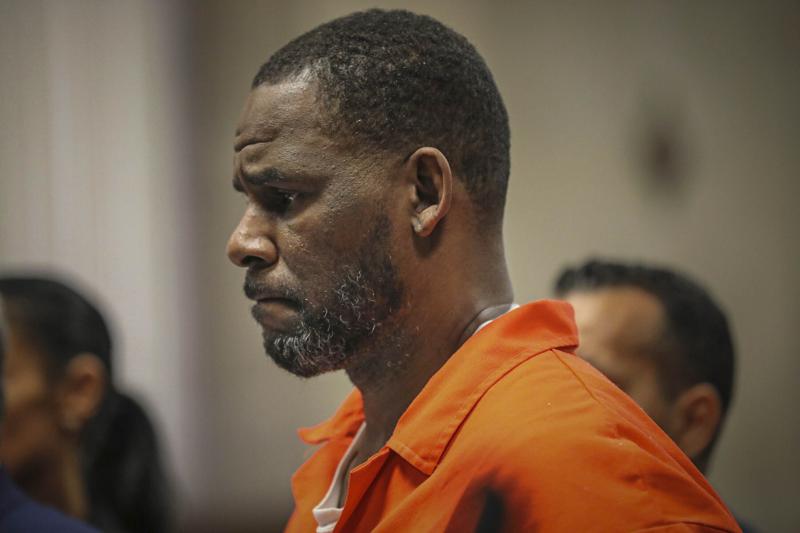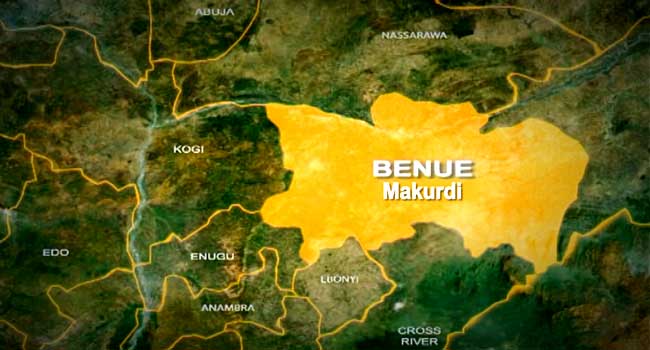Bosun Tijani, Nigeria’s minister of communications, innovation, and digital economy, has been elected as the vice-chair of the International Telecommunication Union (ITU) Council for 2025.
Gatekeepers News reports that Tijani made the announcement through a statement on Tuesday.
The ITU, a specialised agency of the United Nations, focuses on advancing international cooperation in the field of information and communication technologies (ICTs).
Established to enhance global telecommunications connectivity, the ITU is dedicated to ensuring that all people around the world have access to these essential services.
The minister’s election is the “first time in 50 years” that Nigeria will be elected to a leadership position in the ITU council.
He thanked the ITU leadership, member states, and President Bola Tinubu for his endorsement.
“I thank the ITU leadership and Member States for this trust, and I look forward to working closely with the Council Chair Ms. Cristiana Flutur and fellow Council members to advance our shared mission of inclusive digital development,” Tijani said.
“This appointment, which is the first for Nigeria to a leadership role in the ITU Council in nearly 50 years, comes at a pivotal time, when global cooperation is essential to shaping a connected, secure, and sustainable digital future.
“I am grateful to His Excellency President @officialABAT, GCFR for his formal endorsement ahead of my election to this position.
“From expanding connectivity in underserved areas to equipping young Nigerians with digital skills, our national priorities — under Mr. President’s Renewed Hope Agenda — align strongly with the ITU’s vision of leaving no one behind in the digital revolution and I see this role as an opportunity to strengthen Nigeria’s voice on the global stage while deepening our commitment at home.”
With the new responsibility, Tijani said he would champion global collaboration around resilient infrastructure, meaningful access, digital literacy, cybersecurity, and trusted digital public infrastructure — “building on the progress we’re already making and helping shape digital policies that truly empower people everywhere”.

